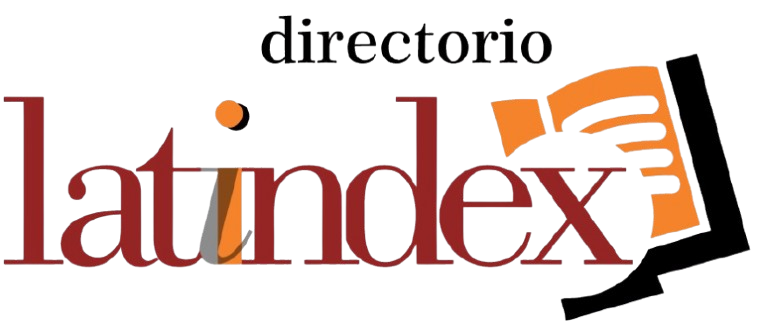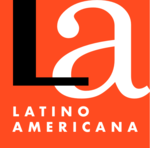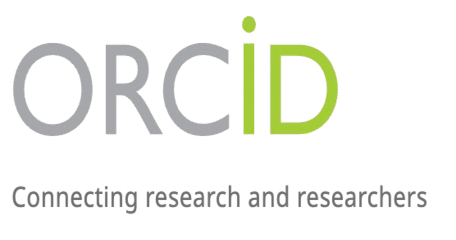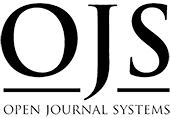Desarrollo de competencias genéricas en carreras de Ingeniería: Análisis crítico de propuestas formativas en Chile
Palabras clave:
Competencias genéricas, Aprendizaje, Metodologías activas, Resultados de aprendizaje, Educación superiorResumen
Hoy en día, una de las grandes preocupaciones de la industria es encontrar profesionales altamente calificados. La diferencia entre las competencias requeridas en el trabajo y las que se poseen, a veces llamada brecha competencial, preocupa tanto gerentes de recursos humanos como a gerentes generales, que buscan contratar profesionales competentes. En este contexto, este trabajo busca analizar críticamente las propuestas formativas sobre desarrollo de competencias genéricas de seis universidades chilenas, incluyendo cuatro Instituciones de Educación Superior (IES) privadas y dos estatales. Los datos se recogen a través de una revisión de las mallas curriculares de carreras de ingeniería, disponibles en el sitio web de los casos seleccionados. Los resultados indican que las propuestas curriculares de las seis IES analizadas generan un desequilibrio entre los diversos tipos de competencias genéricas y una desarticulación entre la dimensión vertical y horizontal del currículo.
Descargas
Citas
ASEE (2020). 2020 Survey for skills gaps in recent engineering graduates. https://workforcesummit.asee.org/wp-content/uploads/2021/10/CMC-ebook.pdf
Bowen, G. A. (2009). Document Analysis as a Qualitative Research Method. Qualitative Research Journal, 9(2), 27-49. https://biotap.utk.edu/wp-content/uploads/2019/02/document-analysis.pdf
Chadha, D. & Heng, J. Y. Y. (2024). A scoping review of professional skills development in engineeringeducation from 1980–2020. COGEN Education, 11(1), 1-29. https://www.tandfonline.com/doi/epdf/10.1080/2331186X.2024.2309738?needAccess=true
Gajjar, N. B. (2017). The Changing Role of Teachers in Promoting Skill-Based Learning: A Comprehensive Review. International Journal of Research in Humanities & Soc. Sciences, 5(8), 1-6. https://www.raijmr.com/ijrhs/wp-content/uploads/2024/01/IJRHS_2017_vol05_issue_08_03.pdf
Gero, A., Stav, Y. & Yamin, N. (2017). Use of real world examples in engineering education: the case of the course Electric Circuit Theory. World Transactions on Engineering and Technology Education, 15(2), 120-125. https://rediie.cl/wp-content/uploads/WTETE_152_120-125_2017_removed.pdf
Hyytinen, H., Toom, A., and Shavelson, R. (2019). “Enhancing scientific thinking through the development of critical thinking in higher education,” in Redefining Scientific Thinking for Higher Education, eds M. Murtonen and K. Balloo (Cham: Palgrave Macmillan), 59–78. https://researchportal.helsinki.fi/en/publications/enhancing-scientific-thinking-through-the-development-of-critical
Ivanov, V., Pavlenko, I., Evtuhov, A. & Trojanowska, J. (2024). Augmented Reality for Engineering Graphics. Springer. https://rediie.cl/wp-content/uploads/Augmented-Reality-for-Engineering-Graphics.pdf
Mechefske, C. K., Wyss, U. P., Surgenor, B. W., & Kubrick, N. (2005). Alumni/ae surveys as tools for directing change in engineering curriculum. Proceedings of the Canadian Engineering Education Association. https://ojs.library.queensu.ca/index.php/PCEEA/article/view/3911
Mejtoft, T. (2016). Integrating business skills in engineering education: Enhancing learning using a CDIO approach. In J. Björkqvist, K. Edström, R. J. Hugo, J. Kontio, J. Roslöf, R. Sellens & S. Virtanen (Eds.), The 12th International CDIO Conference Proceedings - Full Papers (pp. 689-698). Turku University of Applied Sciences/CDIO Initiative. https://www.diva-portal.org/smash/get/diva2:936674/FULLTEXT01.pdf
Pyakurel, P. (2024). Steps to adapt engineering education to changing skills demands. Times Higher Education (THE) | Inside Higher Ed (IHE). Resources for academics and university staff. https://www.timeshighereducation.com/campus/steps-adapt-engineering-education-changing-skills-demands
Qamar, S. Z., Pervez, T. & Al-Kindi. M. (2019). Engineering Education: Challenges, Opportunities and Future Trends. Proceedings of the International Conference on Industrial Engineering and Operations Management. Riyadh, Saudi Arabia, November 26-28, 2019. https://www.ieomsociety.org/gcc2019/papers/309.pdf
Vera, F. (2023). Infusing Soft Skills in Higher Education: Key to the Development of Advanced Human Capital. Transformar, 4(2), 47–65. https://revistatransformar.cl/index.php/transformar/article/view/92
Vera, F. (2023). Infusing Soft Skills in Higher Education: Key to the Development of Advanced Human Capital. Transformar, 4(2), 47–65. Recuperado a partir de https://revistatransformar.cl/index.php/transformar/article/view/92
Vera, F. & García-Martínez, S. (2022). Creencias y prácticas de docentes universitarios respecto a la integración de tecnología digital para el desarrollo de competencias genéricas. Revista Colombiana de Educación, 1(84), 1-16. https://doi.org/10.17227/rce.num84-11582
Vera, F. & Tejada, E. (2020). Developing soft skills in undergraduate students: A case at a Chilean private university. Transformar, 1(1), 57–67. https://revistatransformar.cl/index.php/transformar/article/view/12
Vodovozov, V.; Raud, Z.; Petlenkov, E. (2021). Challenges of Active Learning in a View of Integrated Engineering Education. Educ. Sci. 11(43), 1-14. https://doi.org/10.3390/educsci11020043












